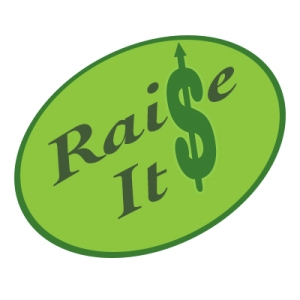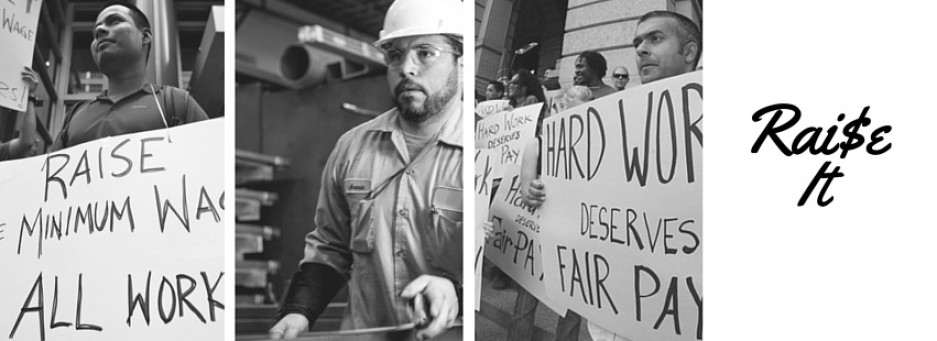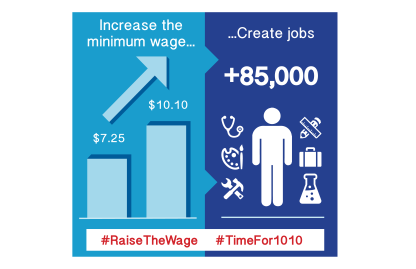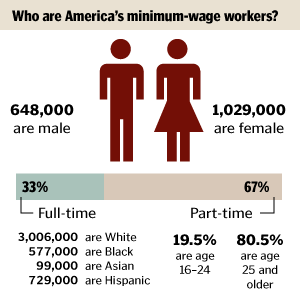People continue to make arguments about how raising the minimum wage would have a negative impact on our society. One of the main arguments is that raising the wage would hurt small business owners and small businesses. Many conservatives agree with this, including New Jersey Governor Chris Christie. They claim that there would be fewer small jobs as a result and that small businesses would’t have the funds to support and pay their workers.
In reality, according to Think Progress, “The majority of low-wage workers are not employed by small businesses but rather by large corporations with over 100 employees.” This can also be proven by BusinessWeek, who has shown that “the three largest employers of minimum workers are McDonalds, Walmart, and Taco Bell.”
BusinessWeek countered the argument that raising minimum wage would hurt small businesses last February when they came forward and claimed that many small business groups are actually advocating for a higher minimum wage. Businesses such as the National Latino Farmers & Ranchers Trade Association, the Greater New York Chamber of Commerce, and the Main Street Alliance all support raising the wage. These businesses, many with over 500,000 members in which there are various small business owners, know that raising the wage should be beneficial, so we should too.
Similarly, a survey by the United States Department of Labor that was taken in July found that 3 out of 5 small business owners support a gradual increase in minimum wage to $12. The survey claims that small business owners say raising the wage would “immediately put more money in the pocket of low-wage workers who would then spend money on things like housing, food, and gas.” This stimulation of the economy would create opportunities and would be beneficial for society in general.

The point is, we should give the people what they want. The argument of raising the wage affecting small businesses can be debunked, simply because small business owners are on board with increasing minimum wage. We should also keep track of where the majority of the minimum wage workers are employed. Since most of the minimum workers aren’t working at these small businesses, raising the wage may have less of an impact on these small business corporations than we think, and may have more of a positive impact on the overall economy.








